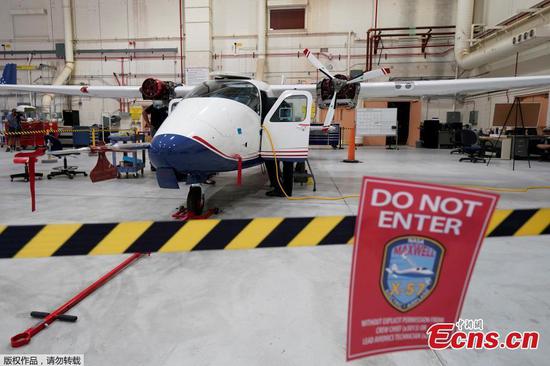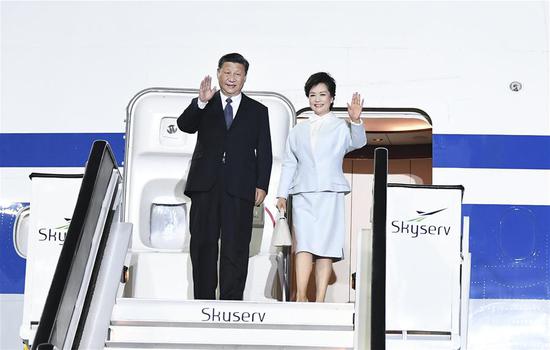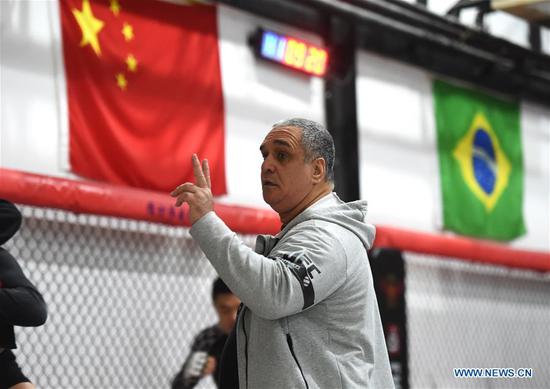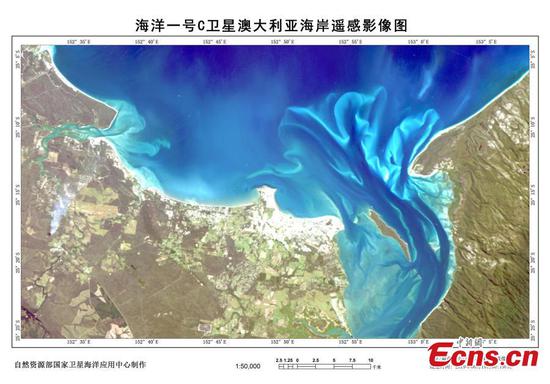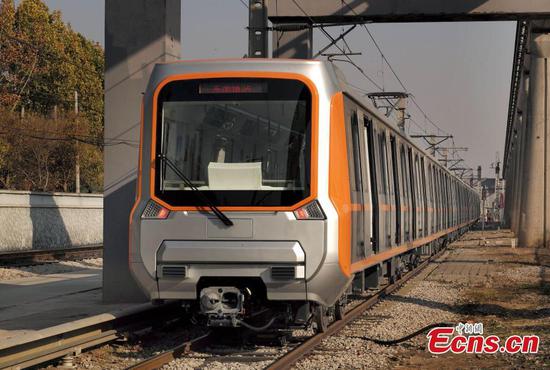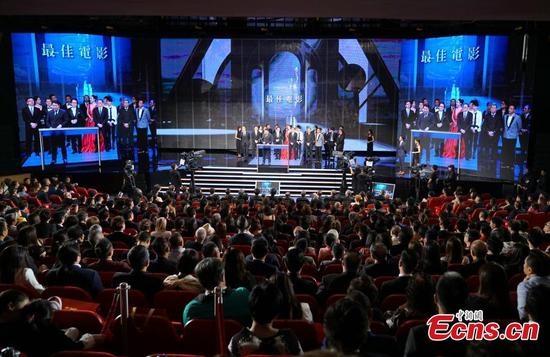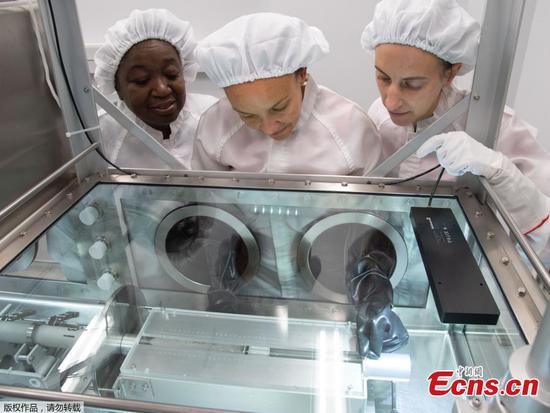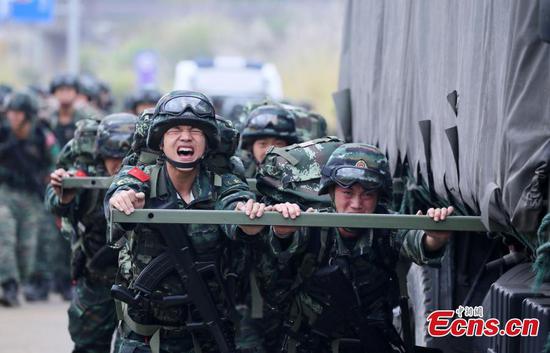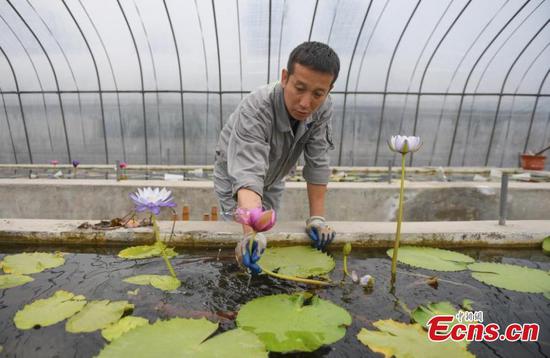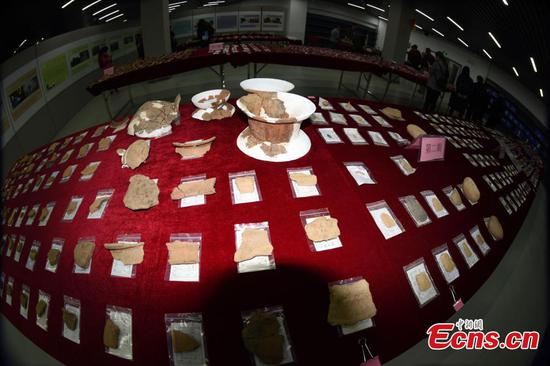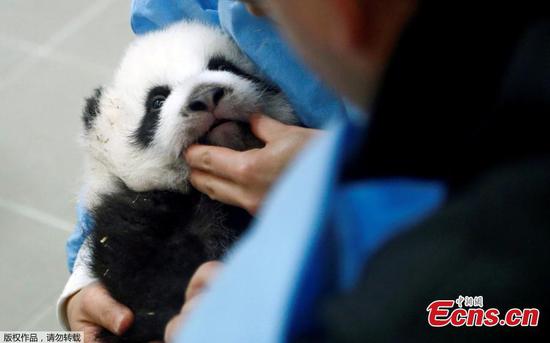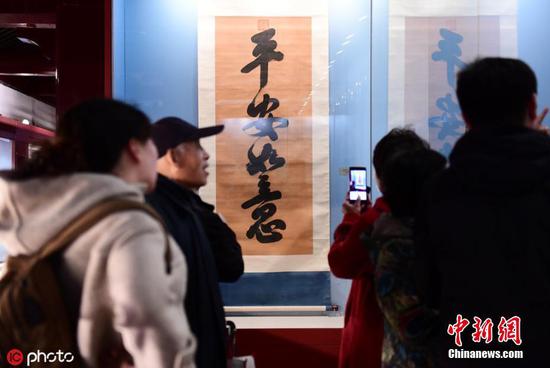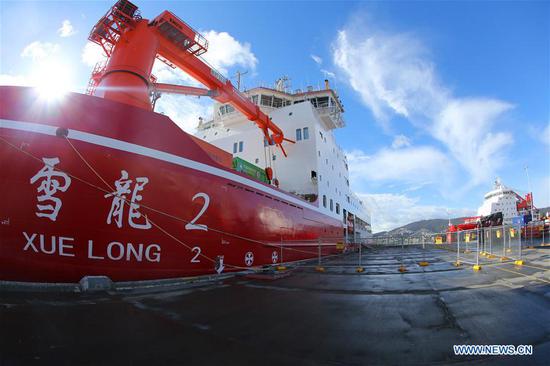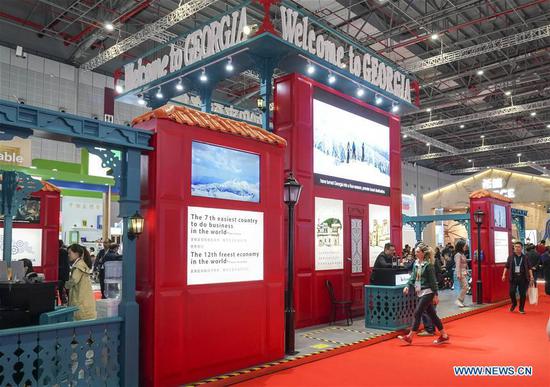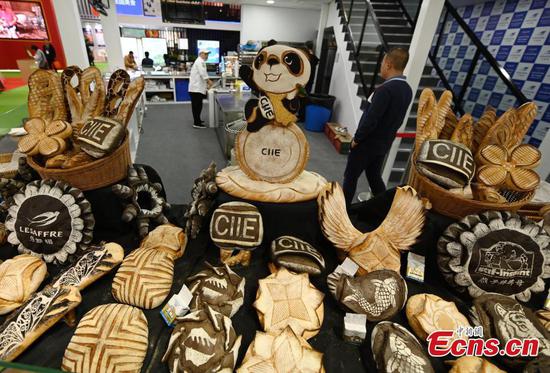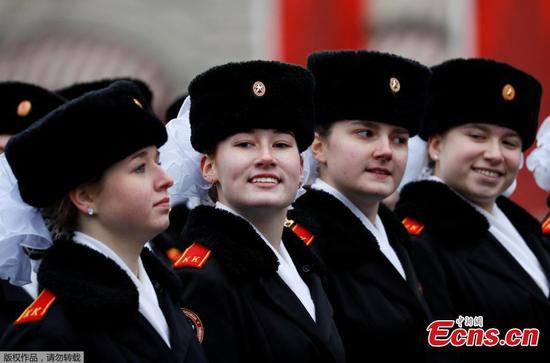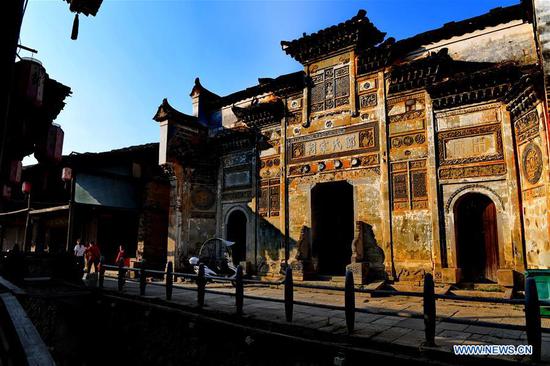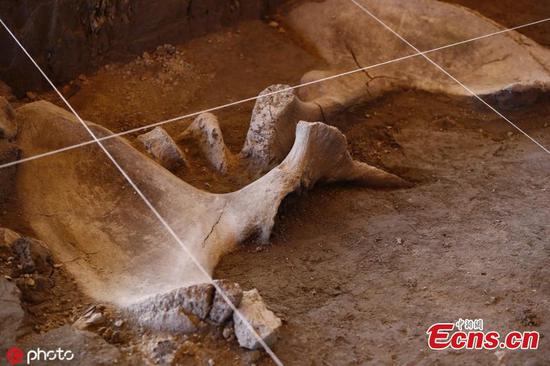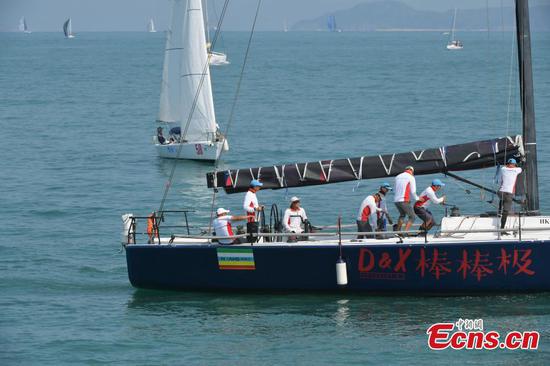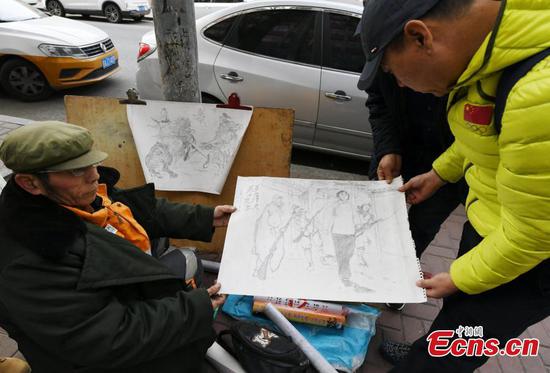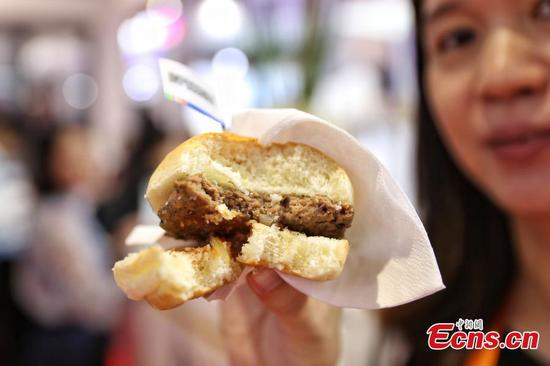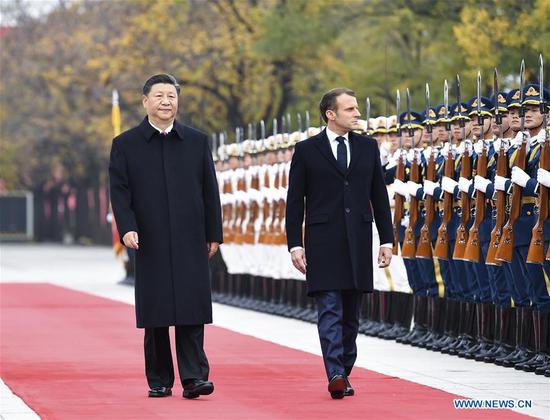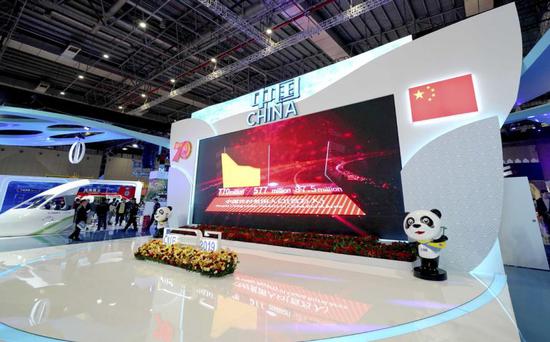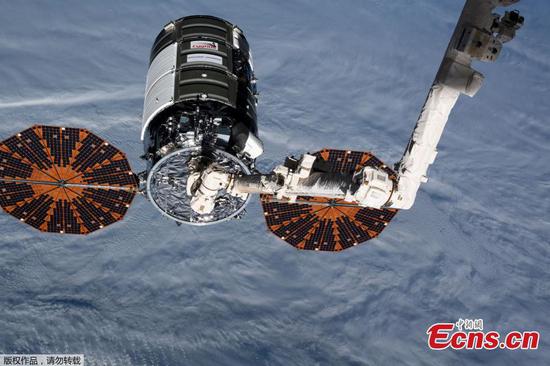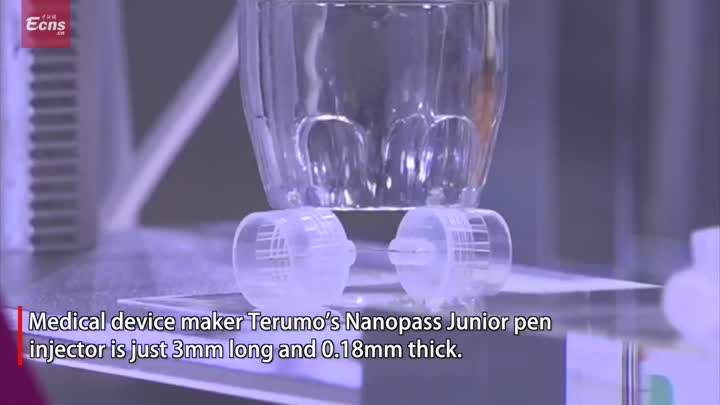The second China International Import Expo (CIIE) concluded on Sunday with the accumulated intended purchase value reaching $71.13 billion, up by 23 percent from the first CIIE, according a statement made by vice director of the CIIE bureau Sun Chenghai at the closing ceremony of the six-day event in Shanghai.
The increased intended purchase value shows that the world is actively responding to the CIIE, a vivid example of China's efforts to open up its market at a time of rising protectionism, and the benefits they get from such a positive response, experts and CIIE attendants said.
According to Sun, the second CIIE attracted over 3,800 enterprises and more than 500,000 buyers from all over the world. A total of 910,000 visits were recorded at the second CIIE as of 12:00 pm on Sunday, Sun noted.
He also said that 230 international enterprises have already registered for the third CIIE, and more than 80 of them are among the world's top 500.
Wang Hao, president of the Greater China area for Siemens Healthineers, said that CIIE has provided a huge trade platform for overseas companies and a chance for them to deeply understand Chinese clients.
"We are happy to see that the Chinese government has provided a friendly and vibrant business environment for overseas companies in China," he told the Global Times.
Siemens has signed a supply contract with the state-owned Sinomach on two combustion engines and one steam engine for one of the latter's projects in Nigeria during the second CIIE, without disclosing the actual amount.
Ignatius Wang, chief operating officer at the Singapore-based exporter Enohub Pte which is also a second-time CIIE attendant, said his company signed about seven letters of intent with Chinese companies during this CIIE, a large boost compared with the one or two letter his company signed during the first CIIE.
"It is without arguing that Chinese consumers' buying powers and the Chinese market are too strong. The whole world is marveling at this fact," he told the Global Times. "The Chinese market is so gigantic, and compared with some other markets like India, it is more unified. If one gets even a tiny share of the Chinese market, it could benefit tremendously."
Some overseas exhibitors also expressed support for China's stance on market opening-up as bringing benefits to the protectionism-stricken world economy.
"Opening-up is good for everyone. It's a win-win strategy. The opening-up policy is changing the image of China and showing people that it is not only the place for low-cost manufacturing anymore, but is instead becoming a global market. Any it's not only for exports, but for imports as well," Lebanon-based organic products seller Ibrahim Imad Al-Kaakour told the Global Times on Sunday at his CIIE booth.
"I think China and the US are switching their roles in the world. I think this attracts a lot of markets toward China rather than the US," he said.
Experts also refuted overseas media reports saying that the CIIE didn't yield expected effects for overseas exhibitors, noting that unrealized contracts are within a normal business operating scope.
Gao Lingyun, an expert at the Chinese Academy of Social Sciences, told the Global Times on Sunday that it's biased to belittle the significance of CIIE merely based on the unrealized contracts, which is a normal phenomenon at any commercial activity.
Speaking of whether China's opening-up measures could be implemented as soon as possible, Gao said, "CIIE is an achievement of China's opening-up policies… But China can't achieve opening-up in just one step. One-step opening-up is irresponsible not only to China, but also to the whole world."
Gao applauded the 23 percent increased of intended purchase value at CIIE, considering it as a vindication of China's strong domestic demand.
Growth in final consumer spending contributed to 60.5 percent of China's economic growth in the first three quarters of the year, domestic news site chinanews.com reported, citing official data.










